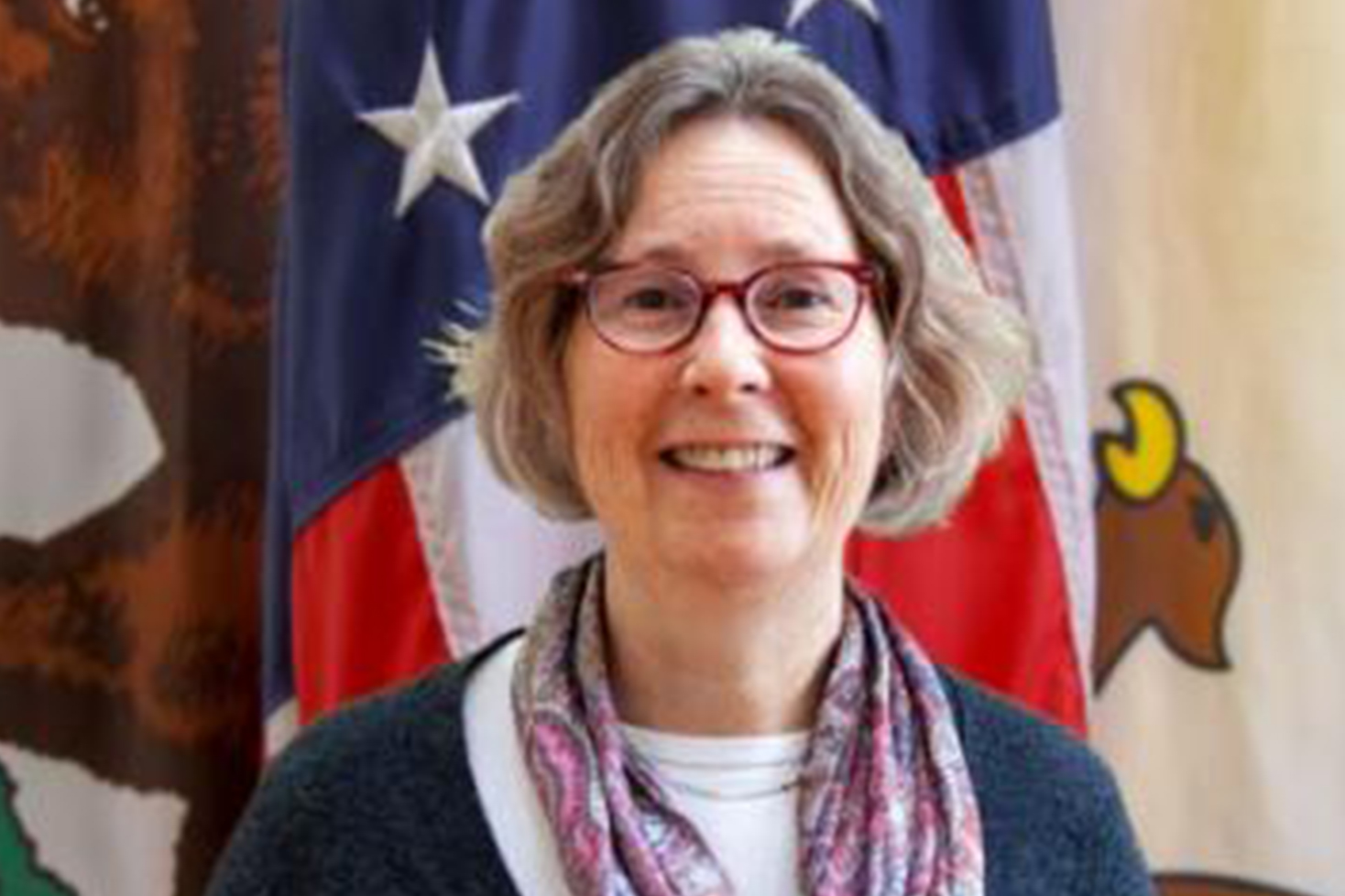In light of revelations about a top public health official working a side gig while on city time, two SF Supervisors say they’re looking into the practice of city workers holding down second jobs.
Lisa Pratt, who worked with the drug-rehab nonprofit Baker Places, resigned from the nonprofit last week after The Standard revealed her dual employment. A job description newly obtained by The Standard indicates that Pratt, the medical director of Jail Health Services at the Department of Public Health, violated city rules in holding down a weekend consulting job at Baker Places, a financially troubled nonprofit.
Pratt’s job with the city requires her to be on call 24/7 for “clinical and administrative issues.” City employees are typically barred from working second jobs while on the clock for the city—and the supervisors are now questioning whether Pratt’s dual employment is merely an isolated case.
“That seems to be an inherent conflict,” said Supervisor Ahsha Safai. “The type of job that she has is one that you should be dedicated to full-time.”
Safai told The Standard that he plans to call for a hearing on Tuesday to investigate the overlap between Pratt’s two jobs as well as the practice of city employees holding secondary employment.
Supervisor Aaron Peskin said he’s focused on determining how widespread the practice is, noting that the health department’s jail health division is understaffed.
“My responsibility is to make sure that Jail Health Services gets the attention it deserves, and I’m pleased that the individual in charge of this function of our government will be similarly focused on that,” Peskin said.
Pratt started working for Baker Places in 2000. Until last week, she had collected a $123,000 salary from the nonprofit on top of her $428,750 city compensation, according to the most recently available financial documents.
To avoid conflicts of interest, city employees are required to obtain approval annually for any secondary employment. Pratt never got approval from the city’s Human Resources Department, which had unanswered questions about her work schedule after she attempted to file for secondary employment in 2019—three years after she started working for the city.
Failure to get approval for secondary employment can lead to consequences “up to and including termination,” according to a Human Resources Department application form.
Mawuli Tugbenyoh, policy and external affairs director for the Department of Human Resources, estimated that there are more than 200 approved secondary jobs among city workers. The Human Resources Department declined to comment on whether it would’ve approved Pratt’s side gig, as the application process may take certain extenuating circumstances into consideration.
The Department of Public Health said that it is conducting an investigation into its secondary-employment approval process. In a statement on Monday, DPH said that its own internal human resources director had, in fact, approved Pratt’s side gig when she first started working for the city.
Even if she had not resigned, Pratt’s job at the nonprofit likely wouldn’t have been around for much longer. The Joe Healy detox center, where she was stationed for Baker Places, is scheduled to close in the next six months as the city works to transfer patients from five of the nonprofit’s programs.
The nonprofit came to the city earlier this month asking for a $4 million bailout just months after receiving a $1.2 million emergency grant, as well as other provisions to keep its operations afloat.
DPH said in a statement on Friday that it is transferring 10 beds from Acceptance Place, one of the programs shutting down, into the hands of the nonprofit HealthRight 360.
